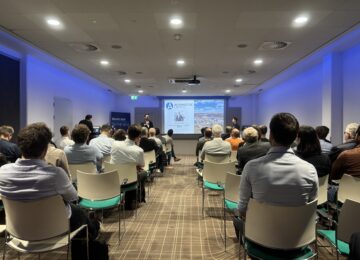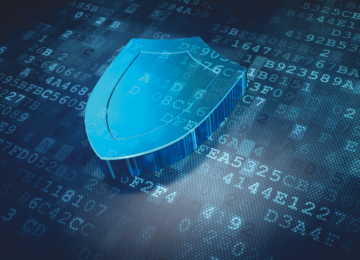Batteries can prevent grid congestion under right conditions
Today's CE Delft report, "Policy for large-scale batteries and off-take congestion," shows that large-scale batteries play an essential role in the Netherlands in keeping the electricity grid in balance. This makes a rapid rollout of batteries crucial to the success of the Dutch energy transition. However, it is then important that batteries act congestion-neutral so that companies, residential areas and schools can be connected. This requires additional policy, research firm CE Delft concludes in the report.
Preventing additional grid congestion
Batteries are currently used primarily for balancing services commissioned by TenneT on the high-voltage grid. These services are needed to keep the electricity grid stable, but the resulting energy flows can unintentionally cause additional grid congestion at regional and local levels.
By controlling location, connection conditions and specific fees, among other things, these opposite effects can be limited, according to CE Delft. The report focuses exclusively on creating the right preconditions for large-scale lithium-ion batteries with up to 4 hours of energy capacity specifically for off-take congestion.
Growth in energy storage necessary for the Netherlands
The Ministry of Economic Affairs and Climate, in an initial response to the study, underscores the added value of large-scale batteries.
"A lot of flexibility is needed to keep the future renewable energy system in balance. Large-scale batteries will play an important role in the coming years to balance the fluctuating demand as well as the fluctuating supply (electricity from sun and wind) at all times. Batteries therefore have an important role to play in a sustainable, CO2-free, affordable and reliable energy system. CE Delft has given us several policy suggestions as to how batteries can contribute to a sustainable energy system without contributing to additional grid congestion."
Energy Storage NL (ESNL), the umbrella organization for the Dutch energy storage sector, says it is pleased that CE Delft recognizes the necessity of batteries for the energy system and the energy transition. However, ESNL does warn of the lack of a positive business case for batteries, while the need is seen by all.
Maarten van den Heuvel, chairman ESNL: "The report makes it clear that based on the current business case, a maximum of 2 GW of battery power can be profitably realized in 2030, while TenneT alone is calling for 10 GW in 2030. Government direction is therefore necessary if we want to accelerate energy storage in the Netherlands, said Maarten van den Heuvel.
Importance of additional research
As far as Energy Storage NL is concerned, additional research is needed to determine the concrete added value of batteries in specific situations around grid congestion.
Maarten van den Heuvel: "The current report looks exclusively at the role that current generation lithium-ion batteries play in preventing off-take congestion in the Netherlands. As far as we are concerned, a combination of energy storage - think batteries (lithium-ion, flow, salt batteries) but also heat storage and molecule storage - and other flexibility services in combination with grid reinforcement is precisely what is needed to ultimately solve off-take congestion.
In the process, Energy Storage NL says further innovation is also necessary. For example, the umbrella organization sees much added value in new technologies such as flow batteries, salt batteries and compressed air storage with greater storage capacity. Work is also being done to extend the storage life of current lithium-ion batteries. In this way, future batteries can hold more energy for longer, making them even more important in actively solving grid congestion.
The entire CE Delft report is here read back.





